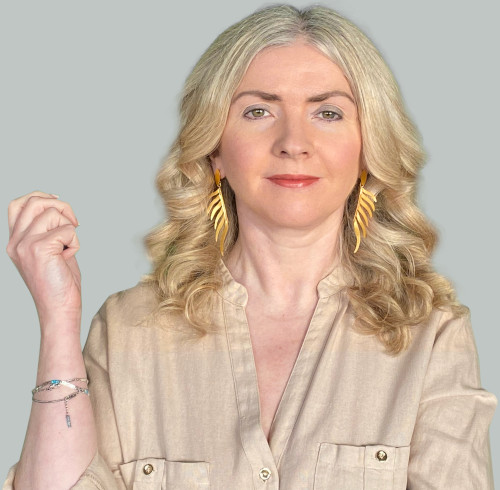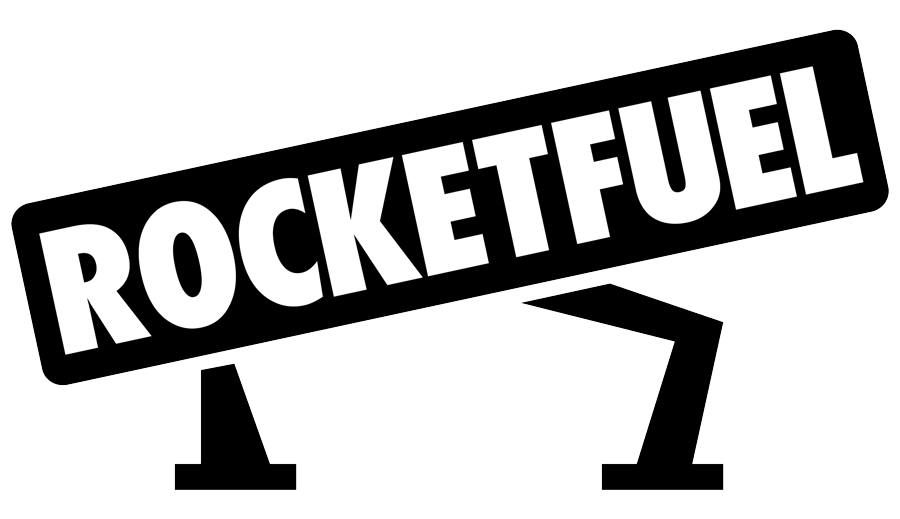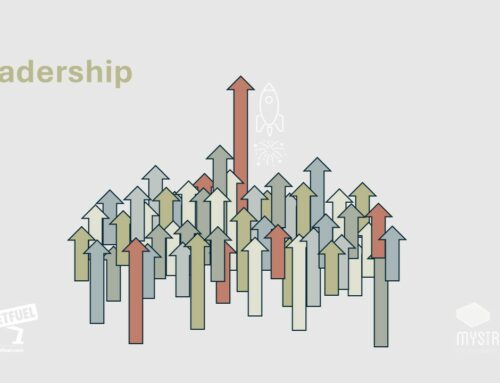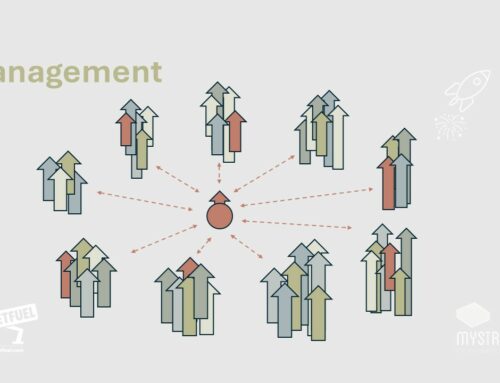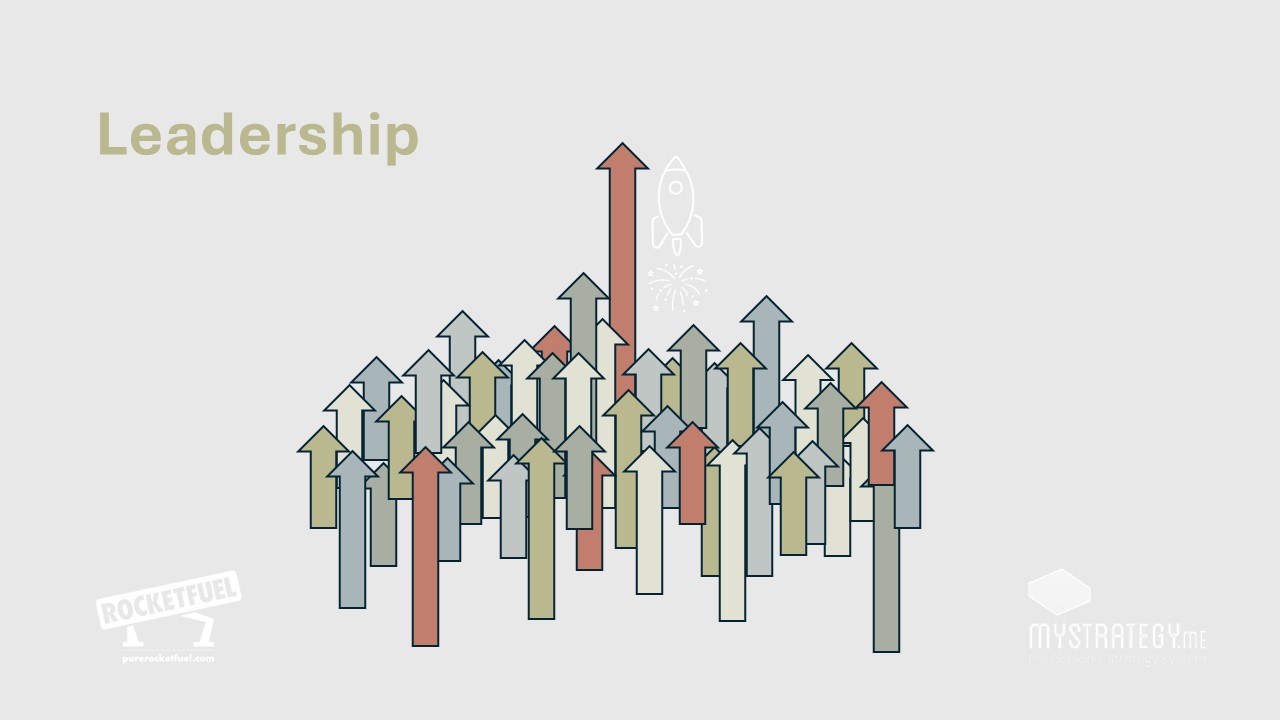
If you want to lead, you must engage in storytelling, painting a verbal picture to help people see what you already know, advises Leadership & Performance Coach, Davina Greene.
“Now, boys and girls, we’re going to spend some time writing a story. Can you remember what a good story needs? That’s right: a clear Beginning, Middle and End”.
How many times did we hear this as children? A lot, right? So, considering that fact, how have so many of us managed to forget about it entirely, completely losing out on the impact good storytelling can have? Especially when you then factor in a plot, a crisis, a u-turn, a couple of good characters…
Storytelling: Spot The Difference
Imagine an interview for a leadership position:
Interviewee A: “I think it’s really important to understand people and their differences, to help them through Change. I remember once reading a book by Richard Branson where he said that you should look at people as individuals and adapt to their differences. I agree with him, it sounds fair. Yeah, that’s what I think”.
Alternatively, see Interviewee B:
“I think it’s really important to understand people and their differences, to help them through Change. Change is exciting and means growth, usually, but of course you must help people through it. I remember I had two excellent people working in my team in Company B, just before a takeover. One of them barely batted an eyelid, but the other became nervous from the moment the takeover was mentioned.
I made a point of taking her to the side, subtly, for twenty minutes or so each week. It was amazing how many things were going on in her mind – family history of redundancies, difficult childhood, had almost taken a job with the takeover company rather than this one…. It was no wonder she was shaken. If I hadn’t put the time in, she would have left, and she was too good to lose.”
Who’s getting the job? Which one has better made the interviewer understand their experience, thoughts and capabilities?
Imagine a company owner talking about their business:
“We make nuts and bolts and the company is worth $600 million this year”.
Alternatively: “Back in 1940, my great grandfather ran a small factory out in the countryside. He had real problems getting his hands on certain items, especially nuts and bolts. So he worked out a way of making them. What happened next was (insert cute half-family, half-business history here) and now we stand here today with 2,000 employees and a company worth $600 million”.
Which workforce is now the most inspired? Which “leader” has better made their employees, or investors, interested in the business?
Why Leaders Need To Excel At Storytelling
Especially if you’re selling, help people to connect the dots through storytelling – otherwise, people may simply assume that you threw a dart at a few business ideas and set up the one it landed on. Resolve that suspicion. People can be a little pained by predictability when a salesperson or entrepreneur starts a sentence with “I am really passionate about….”, but follow it up with a story that proves it and you’re halfway to a sale, or a new employee. Why not speed up buy-in, where possible?
Riveting storytelling can win or lose a legal battle. A riveting story can stick so much that the PR industry now exists, pretty much founded on the fact that a story, good or bad, needs almost no time at all to take hold. If someone doesn’t jump in fast to overtake a bad story with a good one, the damage is all too quickly done, and very difficult to undo.
Storytelling helps humanize facts, help make them digestible. Think about the difference in watching Brian Cox present scientific information versus others from our past – knowledge, passion, cause and effect, start-middle-end, all creating a far more satisfying and memorable experience. And quicker learning.
The Story-Teller In You
And, lest we forget: what are your stories? After all, the most impactful storytelling in the world is what you tell you, about you. Through coaching, we constantly build our story. Where did you begin? As you moved forward, what did you learn about yourself and what decisions did you make? What overall outcome are you working towards? Lives a life that will give you satisfaction as you look back on it. Take the time to make your own story one of the finest.
Key points
Build your story – what you tell you, and what you tell others, through storytelling has an impact.
Build your Story Arsenal – the better you know them, the more readily you can pull them out and impress.
Interested in investing in your own personal – and personal strategy – development? Check out www.MyStrategy.me!
Share This!
About the Author
